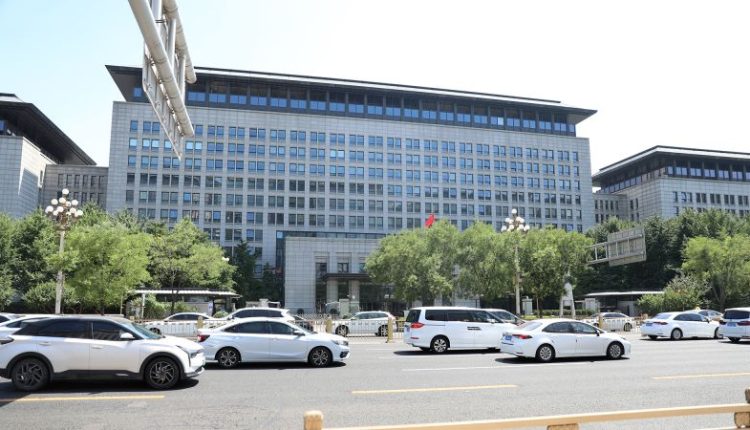The Chinese government said Wednesday that it would investigate whether the European Union’s probes into Chinese companies constitute “trade barriers.”
Concerns are rising in the West that jobs and strategically important industries could be wiped out by cheap Chinese imports propped up by government subsidies. Earlier this year, the EU launched investigations into China’s state support for its wind turbine and solar panel suppliers. It has also recently completed an eight-month-long probe into Beijing’s support for makers of electric vehicles, resulting in additional tariffs on EVs imported from China.
Now, China will investigate if the bloc’s probes violate the two sides’ economic treaty and if they have hurt the country’s trade with the 27 EU member states.
The investigation by China’s Ministry of Commerce (MOFCOM) will span a number of sectors, including rail, photovoltaics, wind power, and security inspection equipment, according to a statement posted on its website.
If MOFCOM deems that the EU’s probes amount to “trade barriers,” it can start negotiations with the EU, launch a multilateral dispute resolution process, or take other “appropriate measures” to address the issue, according to rules published by the ministry in 2005.
The announcement comes just days after the provisional additional duties on imports of Chinese-made EVs into the EU came into effect. Talks between the two sides are expected to continue — if no agreement is reached, the tariffs will become definitive in November.
Beijing has spoken out strongly against the EU tariffs, saying it will make “all necessary moves” to safeguard China’s interests. Last month, it opened a probe into pork imported from the bloc and it is also investigating European brandy imports.
According to Wednesday’s announcement, MOFCOM is launching its latest investigation in response to a June request by an industry group in China. The probe is expected to end by January 10, the statement said.
During the process, the ministry can use questionnaires, hearings, and on-site checks among other methods, the statement added.
Read the full article here

